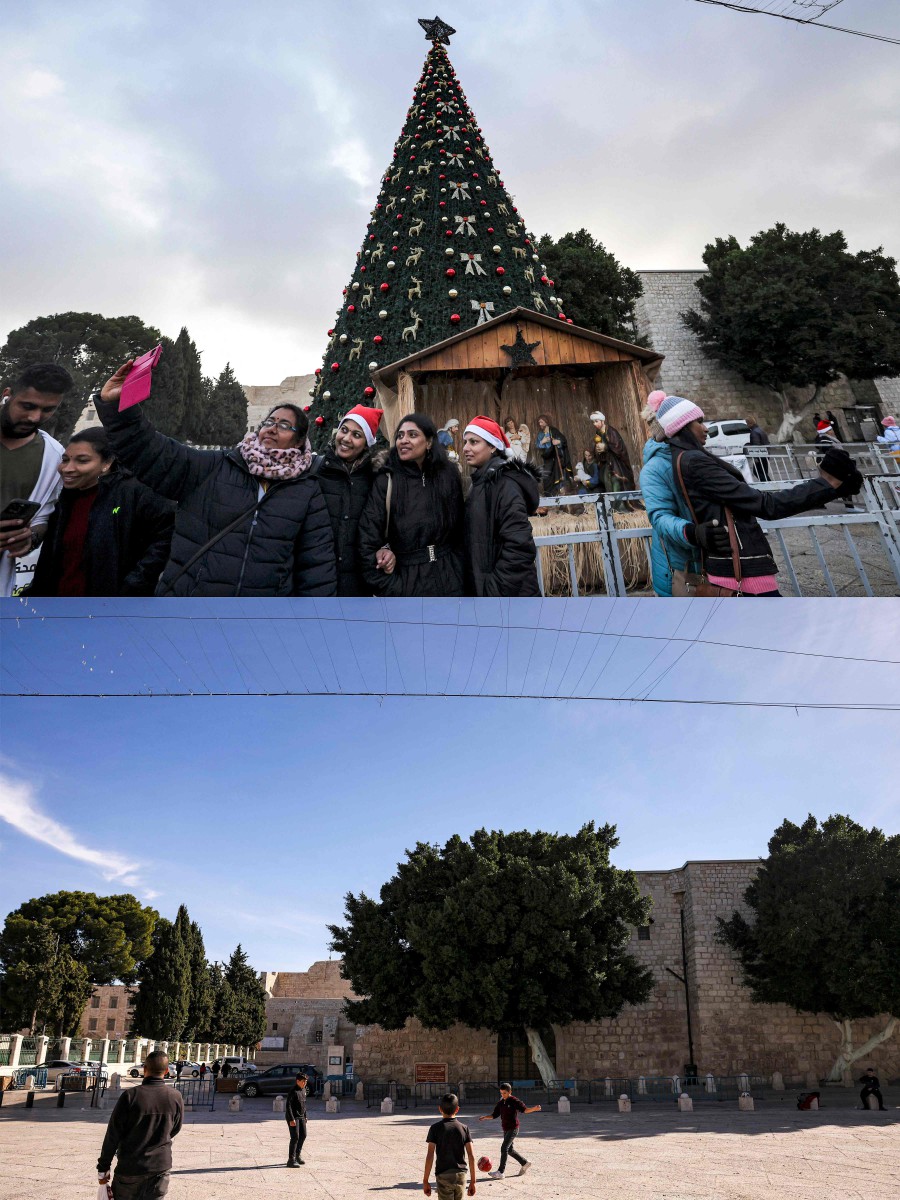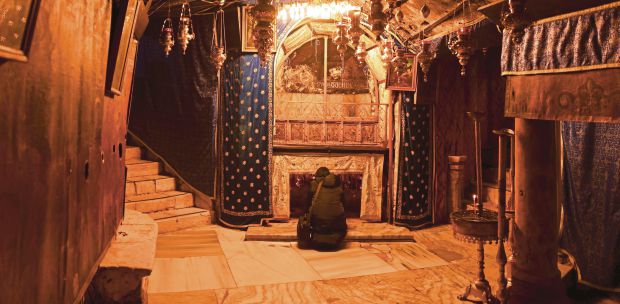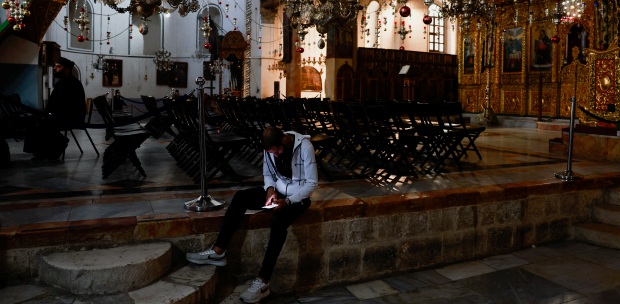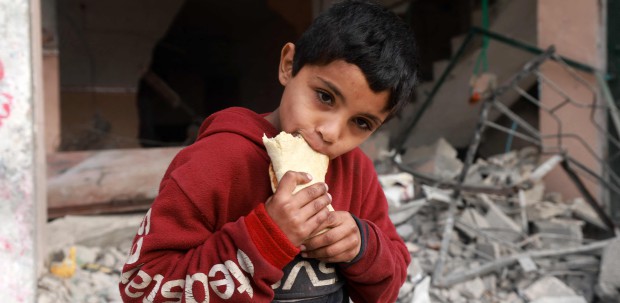CHRISTMAS is a season to be merry and jolly the world over as Christians celebrate the birth of Jesus and more so where it all began over 2,000 years ago, in Bethlehem, ancient Palestine and what is today the occupied West Bank of supposedly independent but partitioned Palestine.
But Christmas in Bethlehem this year will be bleak and gloomy. Owing to the ongoing Gaza War, Christian pilgrims who traditionally flood Bethlehem will be largely absent.
For those who depend on catering to pilgrims for a living, hopes of a post-Covid-19 economic recovery and revival will have to wait at least another year.
Too often, especially for those of us who are physically distant from the Holy Land but retain an emotional bond due to religious affiliations, the polarising effects of seemingly unending Middle East wars and decades-old Arab-Israeli enmity may present us with the jaundiced perspective that this is a starkly binary conflict pitting Jews against Muslims.
But although the majority in Palestine may be Muslims and those in Israel Jews, what tends to be forgotten is that there are Christians in both Palestine and Israel and they suffer equally (if not more so) with Muslims and Jews when tensions flare into armed violence, as they have again now.
If not killed or wounded in the crossfire exchanged like all other innocent bystanders, they will suffer the economic and humanitarian ravages like everyone else in that benighted corner of the globe.
It is thus best for all of us to avoid as much as possible viewing the Palestine-Israel conflict from a purely religious prism and instead direct our rage in a more generalised way against an oppressor-nation using overwhelming force against an oppressed nation and people, inflicting untold human misery in the process.
This way, we avoid bringing the Mid-East conflict too close to home for our own comfort. We are, after all, also a multicultural and multireligious nation where religious and other sentiments related to identity can be just as sensitive and potent if provoked.

We have some inkling of that even in Sarawak recently when a Sarawak federal minister lent his voice against accepting Palestinian refugees only to have a state minister saying something in response interpreted as contradicting what the federal minister said.
A potentially serious escalation was avoided when the federal minister (who is a Christian) and the state minister (a Muslim) quickly kissed and made up.
It bears repeating over and over again that Christians in Malaysia are able to celebrate the birth of Jesus in peace, devoid of the violence witnessed now in Palestine and occasionally even in our neighbouring Indonesia and the Philippines.
I had occasion to tell a friend this week how truly blessed we are as a nation.
We have the occasional verbal duels over race or religious matters but our original citizens accepted with equanimity immigrants brought in by our colonisers and welcomed the latter as citizens of independent Malaya and later Malaysia.
This is unlike Arabs who launched a series of wars against Jews brought in by colonisers into an Israel carved out of Palestinian lands.
Perhaps, our Arab friends can learn a thing or two from Malaysia about accepting unfortunate colonial legacies and welcoming innocent peoples brought into their midst through thoughtless colonial arrogance?
There will otherwise probably be no end to the back-and-forth recriminations about Palestinian "terrorism" and Israel's creation as the "original sin" and precursor of the tit-for-tat violence that has become the most tragic feature of the Middle East since 1948.
Here is an ardent wish that this Christmas may be the last not celebrated with joy as it should be in Bethlehem and a land made holy as the birthplace of three great monotheistic faiths.
The writer views developments in the nation, region and wider world from his vantage point in Kuching





